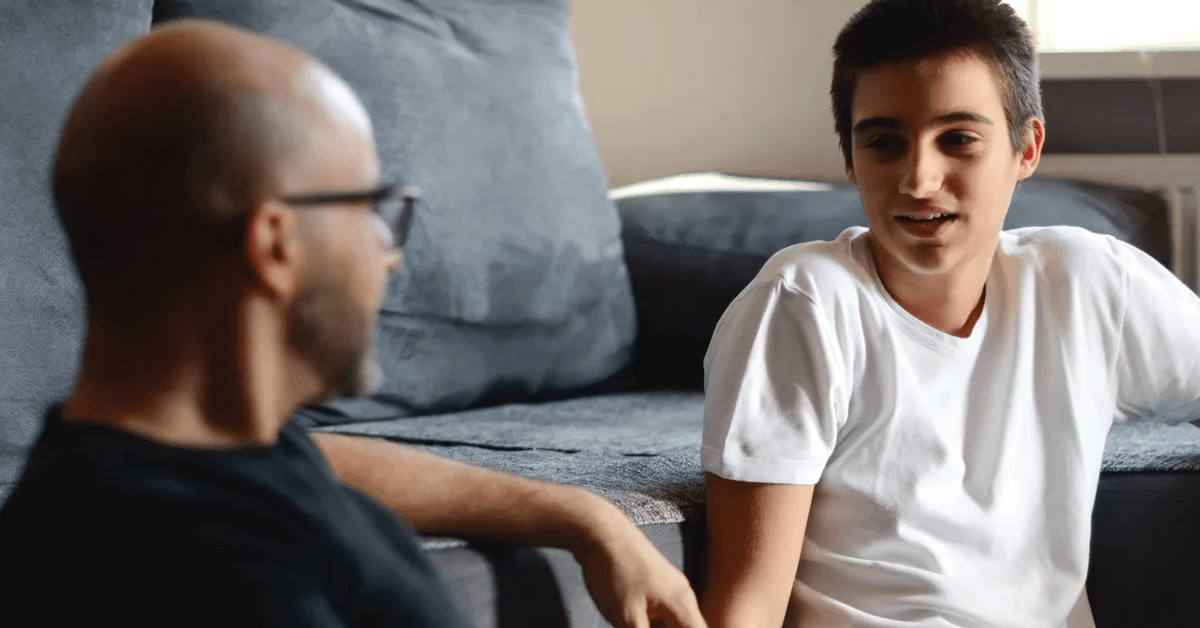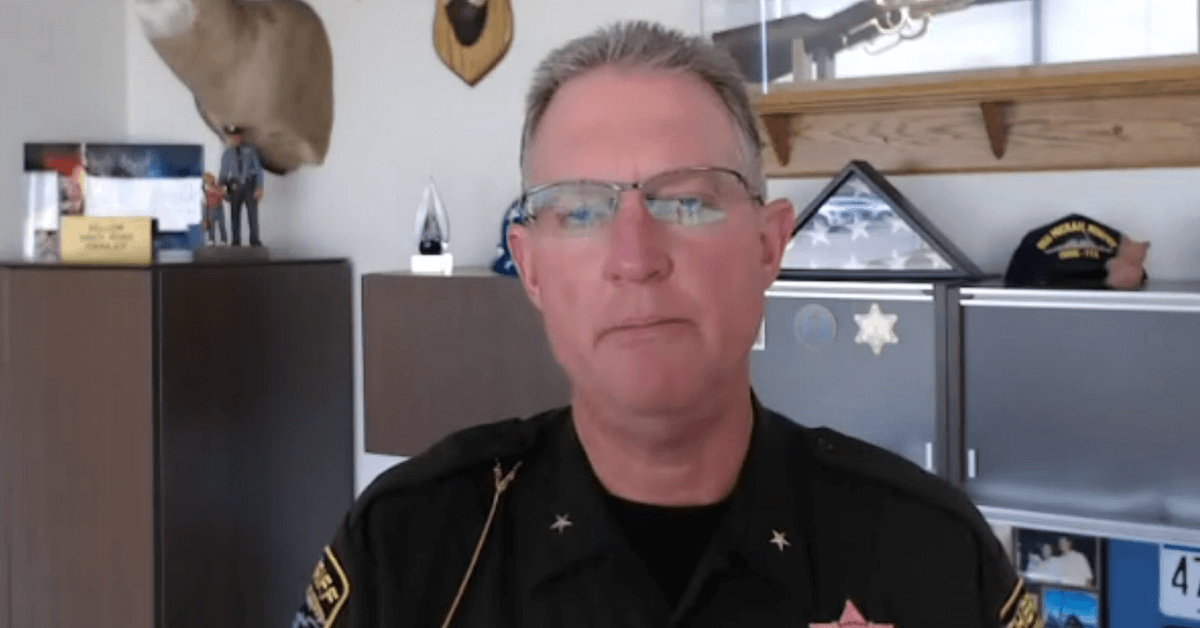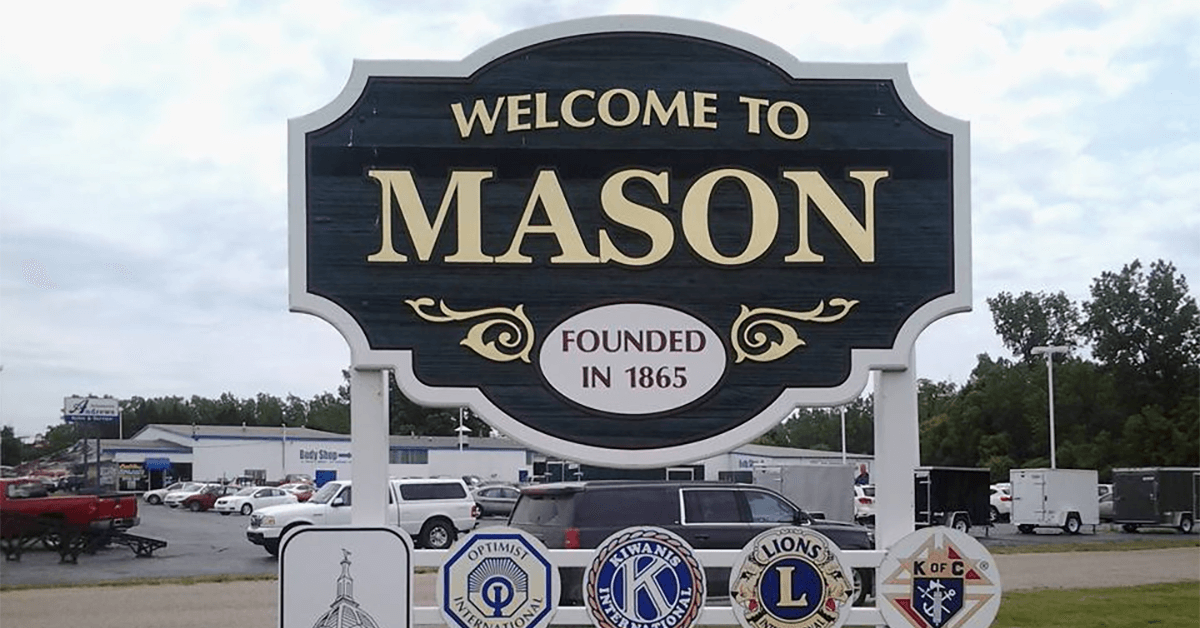Discussing Legal Cannabis With Your Children: Expert Tips for Michigan Parents

In Michigan, where adult-use cannabis has been legal since 2018, parents face the challenge of discussing cannabis in a way that is both informed and thoughtful. Establishing boundaries and fostering open, honest conversations about cannabis use has become a crucial task for families, especially as cannabis becomes more normalized in society.
One key piece of advice that experts offer parents is to approach these discussions with honesty—not only with their children but with themselves regarding their own cannabis use.
"And by being honest, that can also mean parents being transparent with themselves about how they use cannabis," said Christine Murray, a licensed social worker and child therapist.
Since Michigan legalized recreational cannabis for adults 21 and older, conversations about responsible use have become more important. The American Academy of Pediatrics continues to advise against cannabis use for anyone under 21, citing the impact of cannabis on the developing brain. According to Murray, the teenage brain is still forming crucial neural pathways, making it especially vulnerable to the effects of cannabis.
"People often think that cannabis is harmless, but they don't always understand the potential complications for a child or teen's brain development," Murray explained. "The brain undergoes significant changes during adolescence, so using cannabis at that age is very different from an adult starting after the age of 25."
For this reason, health professionals emphasize that conversations about cannabis should begin early. Parents should clearly communicate the risks of cannabis use and share any concerns they may have.
Even though cannabis is legally restricted to adults, its increasing presence in Michigan's communities can influence how children perceive it. Colleen Oakes, a prevention specialist, pointed out that young people often mirror the behaviors of the adults around them. This means that the way adults approach cannabis use—whether in moderation or excess—can shape a child's perception of what is normal.
"Parents are role models for their kids," Oakes said. "We encourage adults to be mindful of how they use substances like cannabis, alcohol, and tobacco around their children. Modeling responsible behavior is one of the most effective tools parents have."
In households where cannabis use is legal for adults, setting clear boundaries is crucial. Murray stressed that parents should secure cannabis products in a place where children and teens cannot access them. Additionally, if parents smoke cannabis, it's advised they avoid doing so in front of their children and change clothes afterward to limit exposure.
It's also important to explain to children the difference between adult cannabis use and the risks of underage consumption. By framing the discussion in terms of health and safety, parents can create a more productive and open dialogue.
When parents suspect their children may be experimenting with cannabis, Murray emphasized the importance of approaching the conversation with understanding, rather than judgment.
"When talking to teenagers, it's not about catching them doing something wrong. It's about understanding their experience and helping them navigate it," Murray said. "Parents can ask questions like, 'What makes you want to try cannabis?' or 'What are other ways you can cope when you're feeling stressed?'"
Some teens may use cannabis as a way to manage stress, anxiety, or other emotions. However, Murray cautioned against using substances as a coping mechanism, as it often only provides short-term relief while leading to long-term challenges.
"Teens frequently say, 'It helps me calm down,' or 'It helps me focus,' but just because something feels good in the moment doesn't mean it's good for your overall health," Murray noted.
Parents should be clear about their household's rules and expectations regarding cannabis use, reinforcing that it is not allowed for anyone underage. "Parents shouldn't hesitate to say that cannabis use isn't permitted in their home," Murray said.
For Michigan parents looking for guidance on how to handle these complex conversations, resources are available. Programs like the "Talk. They Hear You." campaign, provide support for families aiming to have honest, productive conversations with their children about substance use.
Share this article:
Spotted a typo, grammatical error, or a factual inaccuracy? Let us know - we're committed to correcting errors swiftly and accurately!








 Helpful Links
Helpful Links